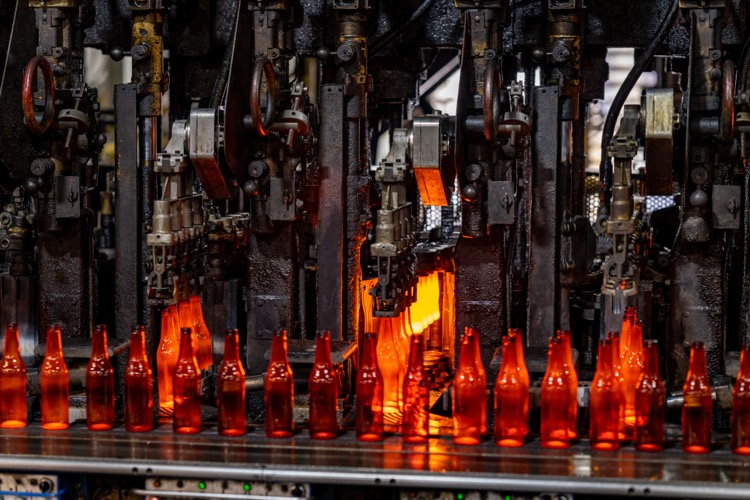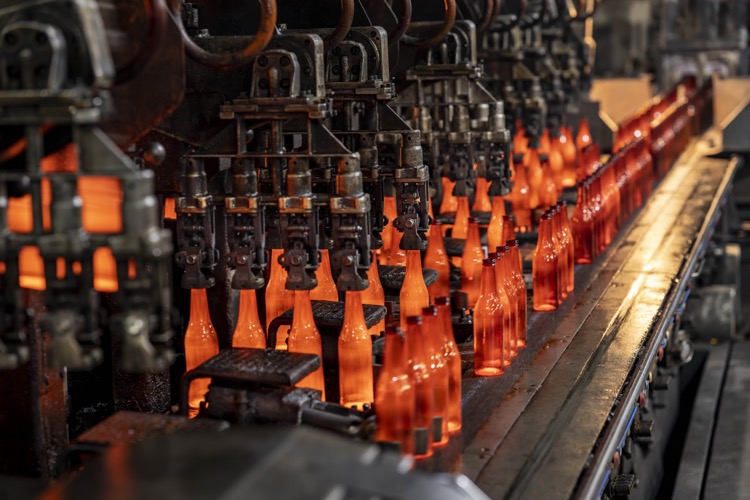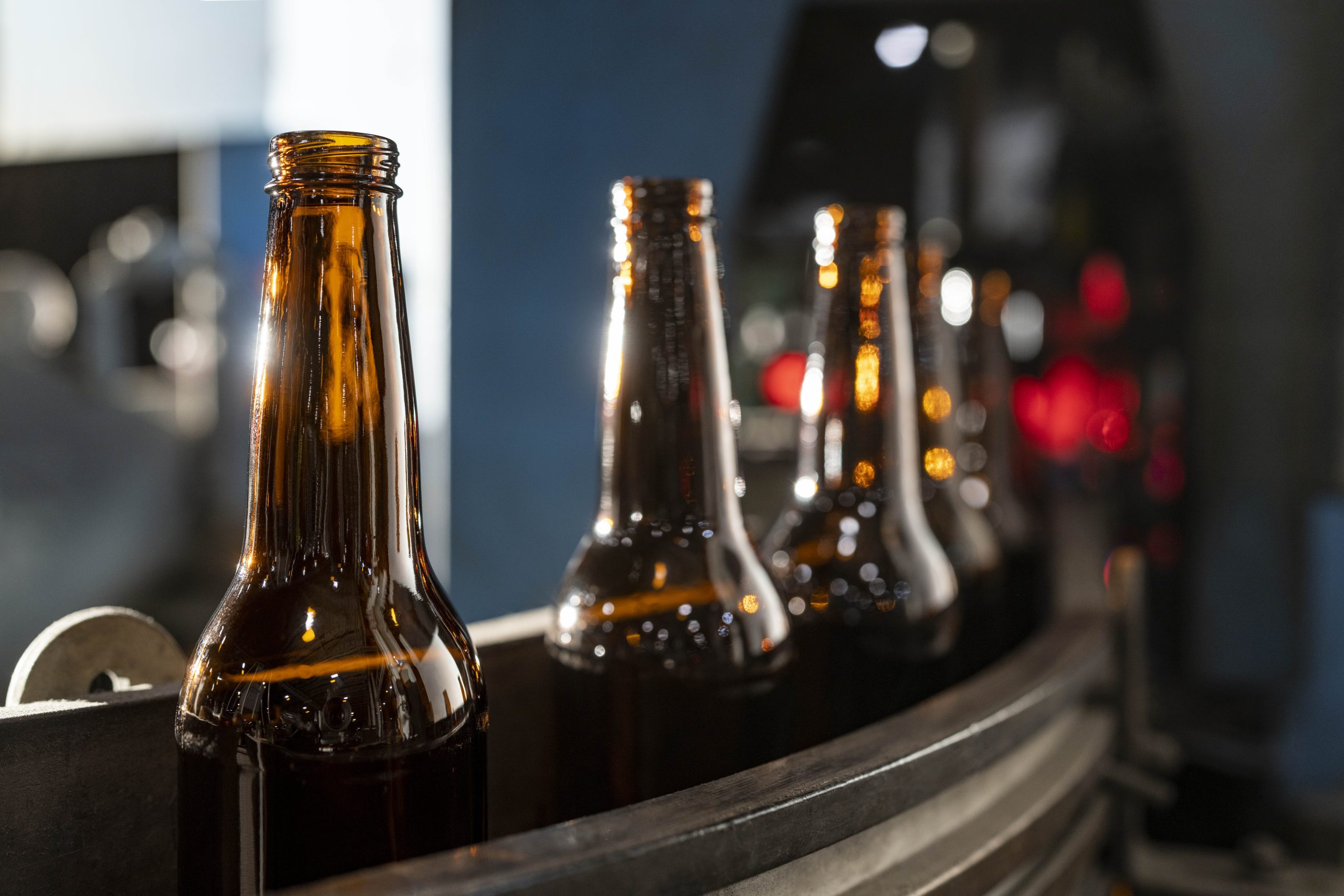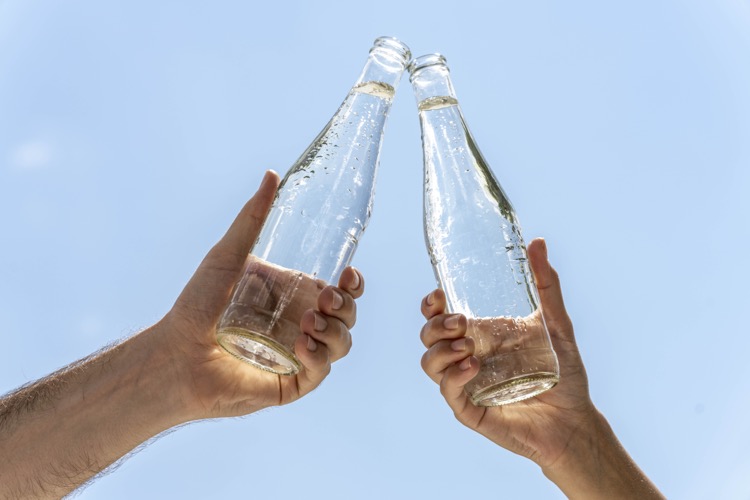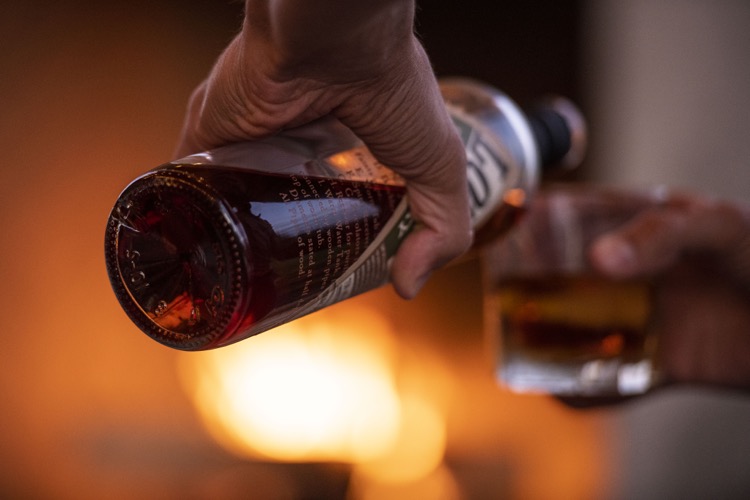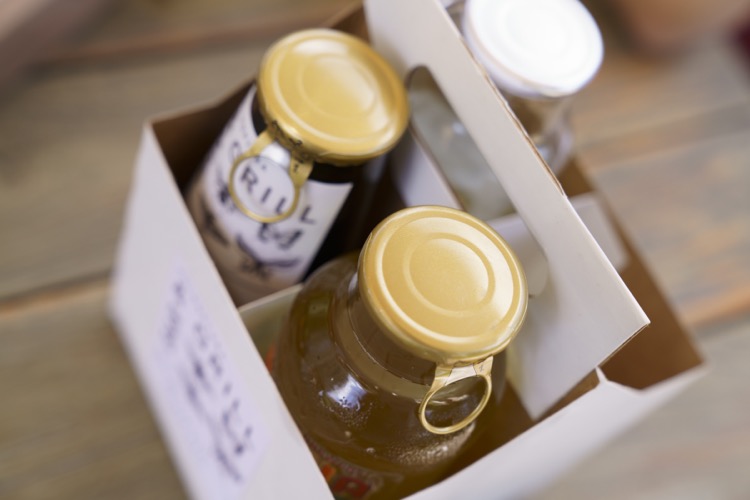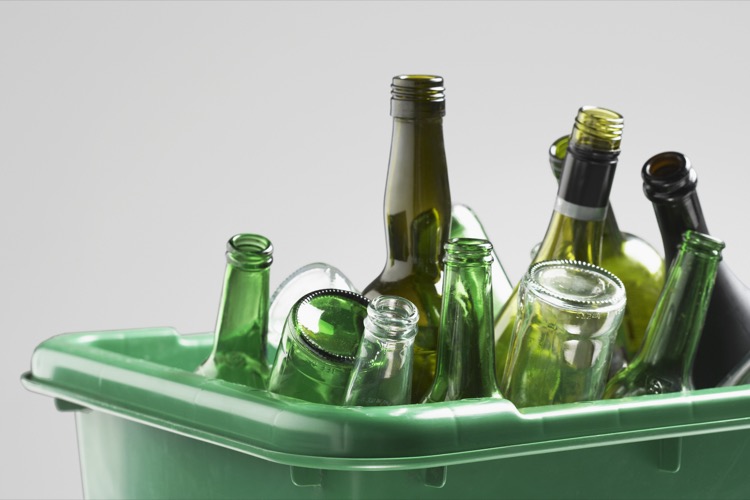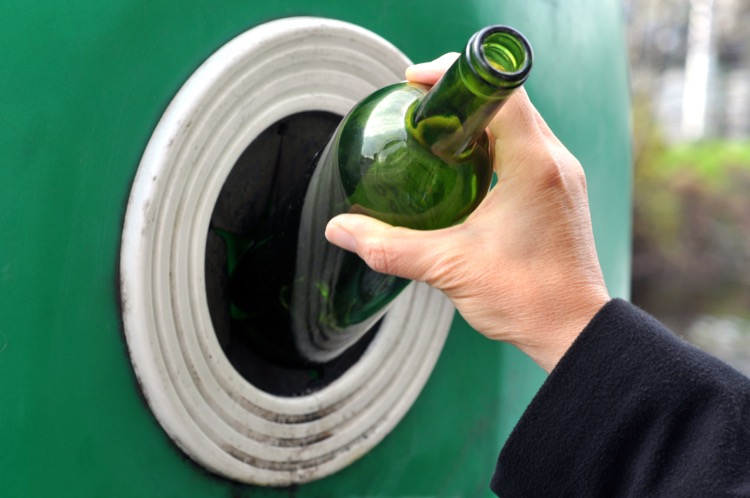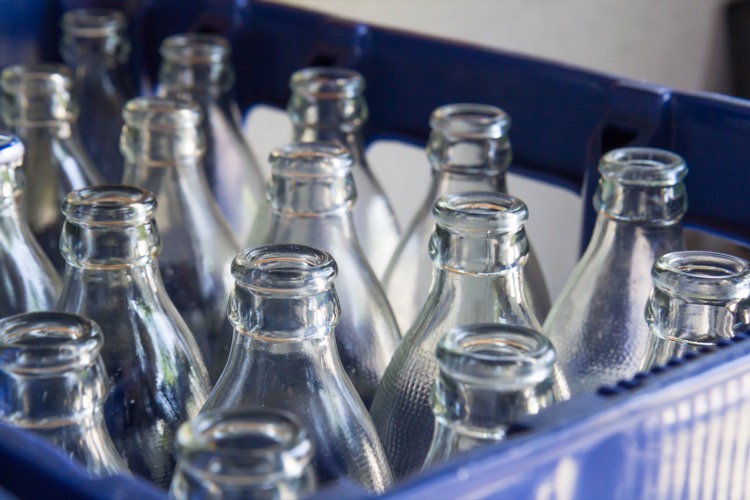Across the world, we have never been as aware as we are now of the impact of human activity on the environment. Whether we’re watching plastics strangling and poisoning our fish, dioxins released by burning waste in Africa, climate change aggravating floods in Bangladesh or wildfires in California, the environment is seldom off our television screens and news media.
As a result, food and drinks makers face concentrated pressure from consumers and governments alike to reduce the environmental impact of their products, especially the packaging. Glass provides a great solution to meet the needs of the circular economy to reduce waste and keep the environment healthy.
From the brand perspective, there is every reason to take action. Josh Hardie, deputy director general of the Confederation of British Industries summed up the need at a conference of communications professionals. He told delegates, “90% of the public want businesses to speak out on issues that matter to them. That makes it a business imperative.”
O-I partners with customers to progress sustainability performance. For example, in Brazil, we have joined customers Heineken, Pernod Ricard and Cia Muller to support Glass is Good, a pioneering program in glass reverse logistics led by Diageo. Empty glass bottles from restaurants are taken for separation and delivered to O-I for recycling. As of May 2018, the program has collected the equivalent of 43 million one-litre bottles. We are actively open to further joint activities with customers based around the environmental benefits of glass.
INDUSTRIAL ACTION
While consumers undoubtedly need to do their bit, their choices are limited by the packaging materials chosen by the brands they buy. That’s why governments are also piling pressure on industry to clean up its act. That means us, the packaging industry, and you, the brand owners and design community.
We are now seeing concrete results of this pressure. Germany’s new packaging law comes into force on January 1st 2019 and demands that all producers of packaging waste, however small, register on the national database. The bureaucracy will be paid for by retailers, manufacturers and packaging companies. At the same time, the UK has published a new Waste Strategy, which incorporates plans for its first-ever plastics tax.
GLASS – A CLEAR CHOICE
As the consequences of these pressures start to impact, businesses without a sustainable vision and which are focused solely on single-use packaging will face a stark choice: adapt to the new responsible way of conducting business or slowly disappear.
Glass has a clear advantage and it’s chosen widely by customers not only as a healthy and natural material for containing food and beverages, but also as a great example of the circular economy.
- Glass is made initially from three natural, inert and abundant ingredients: sand, limestone and soda ash
- Once made, glass packaging is reusable and 100% recyclable, infinitely.
- There is a reliable recycling infrastructure in virtually all developed countries, which facilitates simple collection of used glass packaging from the public. In Europe, 74% of glass is currently being recycled. Best in class countries are close to 100%!
- Glass is simple to recycle – it has no linings or laminates which need to be separated before the material can be reused
- Glass bottles include recycled content. On average, in Europe O-I glass containers are made of 49% of recycled glass – but numbers can go as high as over 80% for the majority of green bottles.
While this is no solution, in the unfortunate event that glass is abandoned as litter or landfill, it does not break down into harmful chemicals in the earth or oceans.
For purpose-driven customers, glass meets all the 3 Rs at the heart of the waste hierarchy.
- In the glass making process, we can use up to 90% of recycled glass, what means we can Reduce the use of virgin raw materials and energy in the glassmaking process
- Glass has purpose beyond the package. It is reimagined and Reused around the home and retains its beauty, integrity and safety. Many bottles are designed for commercial collection and reuse – a single glass bottle can be filled up to 30 times before it needs to be recycled
- Glass is 100% and infinitely Recyclable. Glass is made in a closed-loop cycle. Recycled glass can be used to remake the exact same product, over and over again, for ever
These factors are having a definite impact. In Europe, O-I has noticed an increase in demand for returnable glass bottles of about 4% per year (by tonnage) from to 2015 to 2017. Across the global company, average cullet content per bottle has risen from 34% in 2007 to 38% in 2017. In Europe, these figures are significantly higher still.
O-I’S PROGRESS
The inherent values of glass will only take the industry so far. As makers of glass, the world’s most natural and sustainable package, O-I has incorporated sustainability into our business practices for more than a century. The more cullet we use, the fewer raw materials we need in the batch. That also means we use less energy to melt the batch, and we have reduced emissions as a result. In addition, reducing the weight of our packaging, the rightweighting process, requires fewer raw materials, resulting in lower CO2 emissions.
In terms of glass recycling, the company has invested approximately $6 million (USD) in glass recycling processing facilities around the world. We also align with other glass recycling processors through multi-year supply contracts ensuring there is an end market for kerbside glass recycling. We will continue to invest in glass collection and processing facilities in targeted geographies to increase the amount of recycled glass available for remelt.
To ensure accountability for our own actions, O-I has recently published revised sustainability goals of its own, as explained here.
Sentiment, science and the actions of companies like O-I combine to show that glass is the perfect material for food and beverage owners looking to enhance the sustainability of their brands while adding value for the consumers, and take their place in a genuinely circular economy.
Brands who integrate such social purpose into their core business strategy stand to gain most reputational benefit from their actions. Not only will they satisfy even more consumers, most importantly, they will play their part in building communities, conserving the world’s resources and protecting its people.









